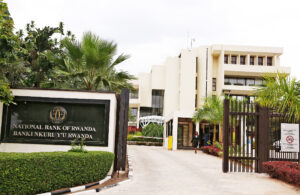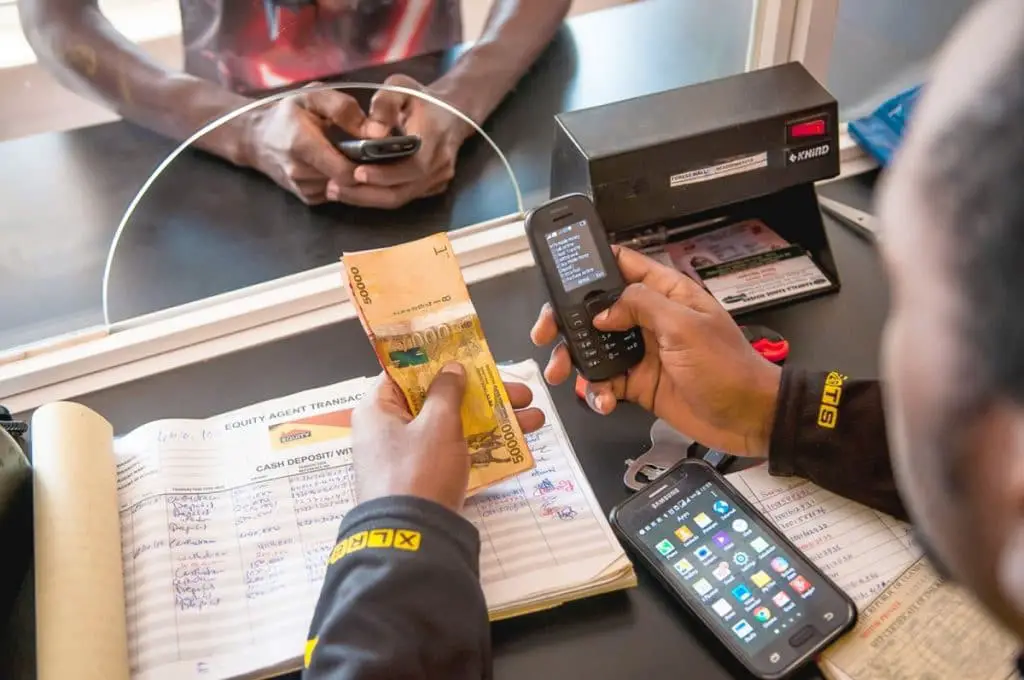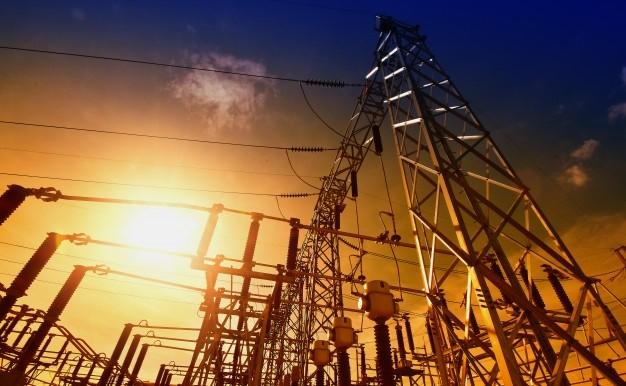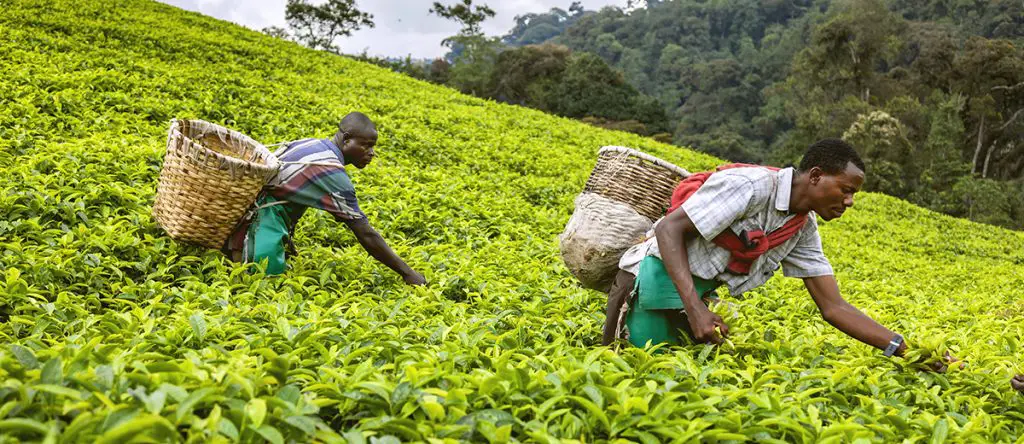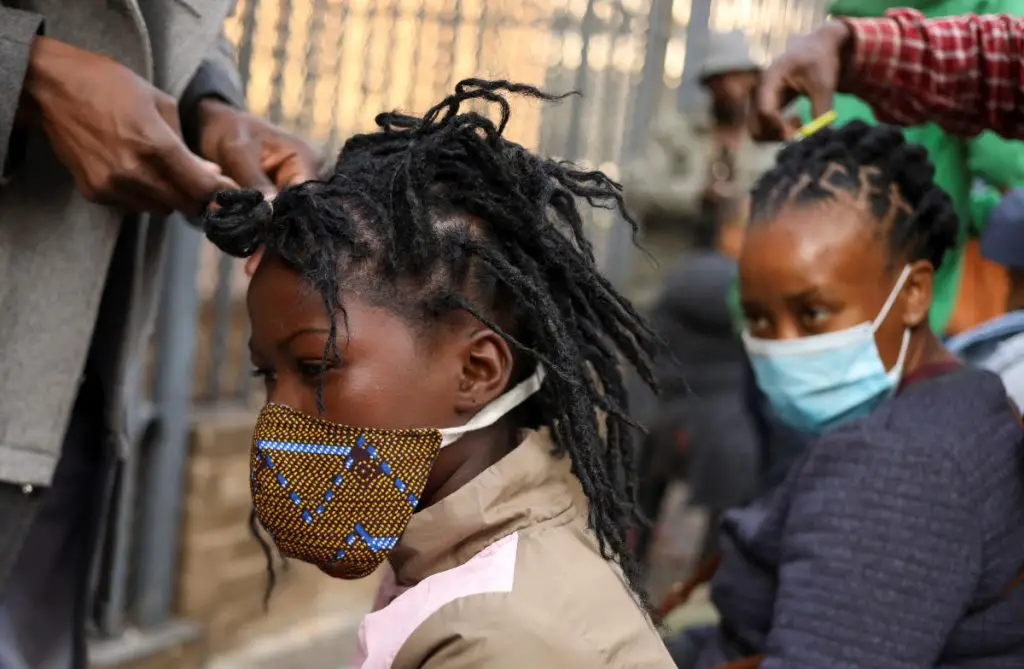- Empowering the Future: Humanity Protocol’s Dream Play Initiative
- TikTok Community Guidelines update aims to curb hate speech and misinformation
- Rwanda sees 39% surge in bank borrowers as Sacco and MFI loan uptake declines
- Kenya Ports Authority wins dispute case over cargo release
- Why Africa can reap billions from digital economy
- Africa private capital deals drop 28 per cent amid global economic turmoil
- Saudi Islamic Development Bank to the rescue of Uganda with $295 million loan
- Reshaping the future of sustainable food systems in Africa
Browsing: World Bank
The World Bank board of directors approved a $104 million in support of skills development programmes for youths in Mozambique.
The grant came from the bank’s International Development Association (IDA) and will invest in Technical Vocational Education and Training (TVET) and Higher Education (HE) subsystems.
In response to Mozambique’s priorities and economic sectors, the project seeks to improve quality and access of educational curriculums and skills development training.
The project is targeting to help increase access to quality education and training at the institutions in priority areas relevant to future economic development, focusing on engineering, science, technology, mathematics and climate change.
“Empowering its youth by developing higher-level skills through quality post-secondary education, while working on policies to incentivise the creation of jobs linked to modern productive systems, are among the most important challenges facing the country if it’s to reap the benefits of its demographic dividend,” noted Idah Z. Pswarayi-Riddihough, …
Just before the onset of Covid-19, banks in many parts of Africa were pushing for adoption of online-based financial solutions but with little pressure. Then came Covid-19 and changed how people access their finances; this has created an urgency of sorts to promote financial inclusion.
Some governments are currently providing incentives to pay for goods or services digitally, through mobile money or e-wallets. For example, Uganda has cut mobile money transfer fees; Egypt, Liberia, and Myanmar have increased transaction size limits, while authorities in Bangladesh, Cameroon, the Democratic Republic of Congo, Ghana, Kenya, Mozambique, Pakistan, Rwanda, Senegal, and Zambia have taken both sets of measures (cutting mobile transfer fees and raising transaction size limits) in response to the pandemic.
When Kenya reported its first case of Covid-19, the Central Bank of Kenya called a consultative meeting with Bank CEOs and immediately passed ways of ensuring that the country adopts use …
Many investors are targeting the sector which has helped expand financial inclusion in Sub Saharan Africa.…
With Africa being majorly youthful, this crisis could be just what the continent needed to shift from the analogue way of doing things to moving the office online.…
The world bank Board of Directors approved $300 million in International Development Association (IDA) credits and grants to support reforms that will help promote electricity trade in West Africa.
Currently, only 50 per cent of the population in West Africa have access to electricity, and those who do, pay among the highest prices in the world which is more than double those of consumers in East Africa. The West Africa Regional Energy Trade Development Policy Financing Program (West Africa Energy PDF) seeks to do away with electricity trade barriers, which will support the competitiveness of firms, lower electricity costs for consumers and improve resilience and reliability of supply.
The West Africa Energy PDF supports a policy reform program being implemented by Burkina Faso, Liberia, Mali, Côte d’Ivoire, Guinea and Sierra Leone, to facilitate trade in cleaner low-cost electricity generated from gas, hydropower and renewable energy across borders. This is going …
Digital technologies could quicken economy recovery that has been affected by COVID-19 pandemic, according to the World Bank’s latest Economic Update for Uganda.
The world bank focused on the digital economy this time around with their report titled ‘digital solutions in a time of crisis’.
The report noted that during this COVID -19 period there has been an increase of digital technologies such as mobile, digital disease surveillance and monitoring, on-line education, on-line shopping and dissemination of public health messages which showed great potential to support faster economic recovery and strengthen resilience against future crisis.
The World Bank country manager for Uganda, Tony Thompson said that the digital space in Uganda is very innovative and during this pandemic, it has quickly adapted to provide various solutions in various sectors.
He added that if the solutions are up-scaled and developed to their potential they would boost the digital economy in Uganda …
The African Development Bank (AfDB) ‘2020 African Economic Outlook’ report is very optimistic about East Africa’s economic performance, despite the setbacks of Covid-19. The report shows that on average, the region registered growth of 5 percent throughout all of last year.
Once again, it is the small landlocked Rwanda that booked the highest growth rate reporting an impressive 8.7 per cent. However, worth noting is that Rwanda’s annual economic growth did take a hit from the global pandemic and slowed to 3.6% in the first quarter of 2020.
Second runners up was none other than Ethiopia which brought home 7.4 per cent in economic growth last year says the 2020 report. Next in line is Tanzania which garnered a 6.8 per cent growth, much higher than the rest of world by all standards.
The report say, despite the global pandemic and the economic burdens thereof, Tanzania’s growth is expected to …
Tanzania’s National Bureau of Statistics (NBS) report on the first-quarter gross domestic product (GDP) showed that the Tanzania economy managed to hit 5.7 per cent growth in Q1 compared to 6.3 per cent in the previous year similar quarter.
According to the report, the Q1 value of GDP in absolute terms GDP stood at around $ 15 billion compared to over $14 billion in 2019. On the same mark, the value of GDP at 2015 constant prices rose to nearly $13 billion in Q1 from $9 billion in the corresponding quarter in 2019.
However, the comprehensive report shows that the reformed mining and quarrying industry recorded the highest growth at 15.3 per cent and gold production was a factor.
The newly World Bank categorized middle-income nation of more than 58 million, also saw growth from human health and social work activity (10.2 per cent), professional, scientific and technical activity (8.9 …
The African continent has experienced a bitter reaction from the coronavirus pandemic, whereby as of May 13 almost every nation in the region battled the virus, while—other nations had cases less than 1000, the continent with some of the fast-growing economies could contract by 1.5 per cent and lose $200 b in income, according to International Monetary Fund (IMF) projections.
World Economic Forum brings an interesting perspective to the fold, as it pictures the regional economies in a deterioration hotbed as a result of de-globalization, and underlying factors such as operation shift to digital and debt burdens.
Hence—African Development Bank (AfDB) one of Africa’s vibrant financier has risen and displayed a rather crucial analysis pertaining the fate of the regional economy, the report was released on Tuesday 6 July 2020.
As the rest of the world strives to salvage and bounce back to normalcy, still—there are vital aspects at play …
The U.S. has announced that at least two of Zimbabwe’s national banks are now allowed to operate without sanctions.
The Office of Foreign Assets Control which operates under the US Treasury Department said Zimbabwe’s Infrastructure Development Bank of Zimbabwe and the Agricultural Development Bank of Zimbabwe are now removed from its black list.
It is now almost 20 years of sanctions for Zimbabwe so this development comes as a breath of fresh air for the otherwise economically suffocating country. The U.S., backed by the European Union imposed the sanctions back in 2002.
Ever since then, several state organs like the said banks and a host of several government officials were black listed for sanctions and restriction of movement following allegations of widespread human rights abuse.
Zimbabwe’s economy has ever since been on murky ground, inflation rate has been overboard hitting the highs of 600 percent. Only in May this year …


